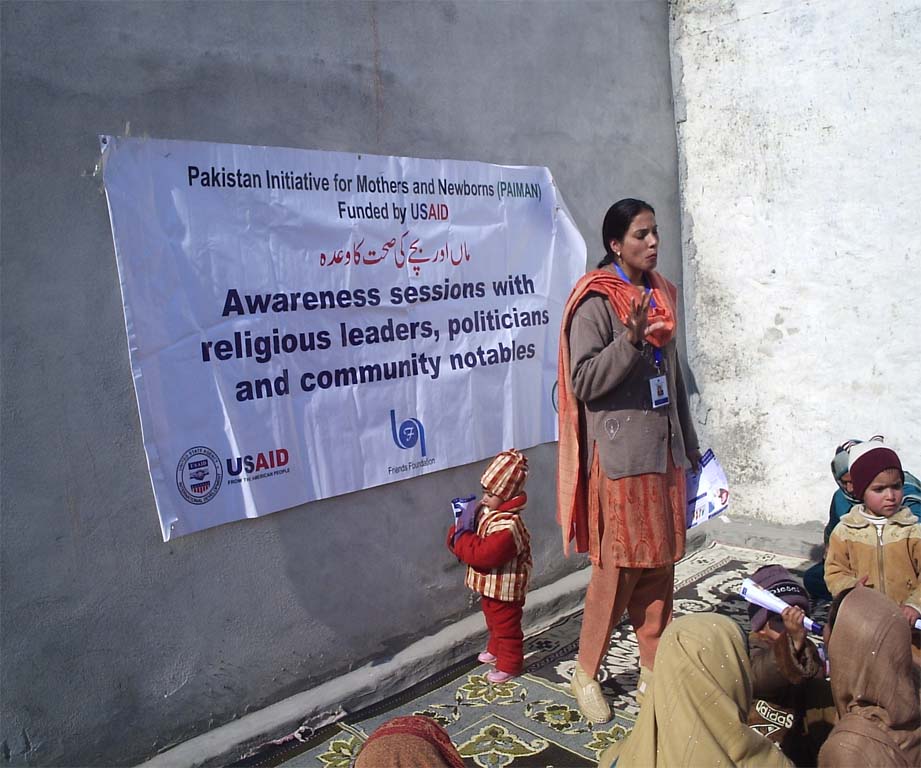Diarrhea, pneumonia and birth complications are the top three killers of children under five worldwide. Each year diarrhea alone causes the death of 760,000 children under five, make up 11 percent of all child mortality. Diarrhea is also a leading cause of under nutrition in this age group and one-third to one-half of all child mortality cases are linked to under-nutrition. A vicious cycle exists between diarrhea and under nutrition: children with diarrhea eat less and are less able to absorb the nutrients from their food; malnourished children are more susceptible to diarrhea when exposed to fecal material from their environment.
UNICEF estimates that more than 90 percent of deaths from diarrheal illnesses in young children can be attributed to unsafe or inadequate water, sanitation, and hygiene (WASH) practices, If mothers and other caregivers used basic hygiene practices and had better access to safe water and adequate sanitation this could greatly reduce under 5 deaths and improve child nutrition.
In Pakistan, every day 100-150 children die as a result of diarrhoeal-related illnesses. Many of these deaths can be prevented by adequate sanitation, safe drinking water and improved hygiene. Between 60 and 75 million people are affected by diarrhoeal-related illnesses annually, and 60 per cent of under five deaths are due to water- and sanitation-related diseases.
Access to safe drinking water, sanitation, and hygiene (WASH) is the key to prevent diarrhea
Friends Foundation under its different project made considerable efforts to ensure communities better access to safe water and adequate sanitation and hence prevent the risk of diarrhoeal- related illness. Pakistan safe drinking water & Hygiene Promotion Projects in District Gujrat and Rawalpindi and establishment of diarrhea treatment center in district Kohistan & Hangu; KP and district Muzaffargarh; Punjab, are some of those WASH theme project to overcome the causes of water borne diseases which directly contributes to children malnutrition.
Key activities under the program
- Health & Hygiene Sessions with community and schools;
- Demonstration of Optimal hand washing practices;
- Water treatment & storage methods;
- Sanitation/feces management;
- Food hygiene practices;
- Capacity building of WASA, TMAs officials;
- Installation/ rehabilitation of filtration plants & toilets;
- Celebration of Hygiene promotional events; Sehat Mela, Street theaters & Awareness walks;
- Establishment do Diarrhea treatment with the provision of quality medicine and consultancy











